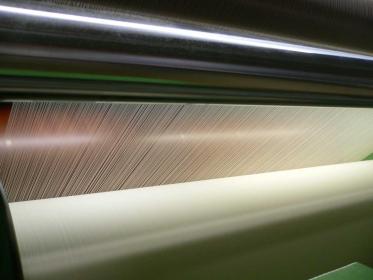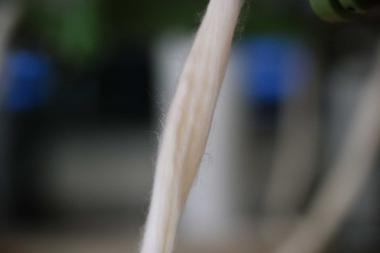Huntsman Textile Effects Launches Water Conservation Project in India
- 76 KL/Day water saving by optimizing pH analysis process in dye vessels
- A step closer to achieving the ‘Huntsman Horizon 2025’ goal
- Potential savings of over Rs 10 crore or USD146,000 annually from the project
Huntsman Textile Effects, the global leader in innovative and environmentally sustainable dyes, chemicals, and digital inks, has successfully implemented a water conservation process to improve water efficiency and reduce net water usage at its Baroda facility, which is located in the western region of India. The initiative undertaken at the plant aims to save around 76 kilo liters of Reverse Osmosis water per day by modifying the phase sequence in the pH measurement program.
Water is used extensively throughout textile processing operations. The amount of water used varies widely in the industry, depending on specific processes operated at the plant, equipment used, and policies concerning water use. This conservation project at the Baroda Plant will have a potential savings of Rs 10 crore or USD146,000 a year for the organization.
Speaking on the development, Mark Devaney, Vice President Manufacturing and Operations Excellence, Huntsman Textile Effects said, “At Huntsman, we recognize the important role we play in creating a more sustainable future and are committed to the well-being of the communities where we operate, and the protection of the environment. We are continually looking for ways to improve the environmental footprint of our manufacturing sites and have been implementing numerous projects in recent years to reduce our water usage.”
“The team has done a detailed assessment of the pH analysis process in dye vessels, mapping the existing water usage and potential conservation method. After a brief study and several brainstorming sessions, we were able to adjust the phase sequence, resulting in conservation of Reverse Osmosis water by almost 76 kilo liters of water per day.” said Kavishwar Kalambe, Site Director, Huntsman Textile Effects. “This project directly contributes to Huntsman’s Horizon 2025 goals to reduce net water usage at facilities in water-stressed regions,” he added.
Huntsman Textile Effects







